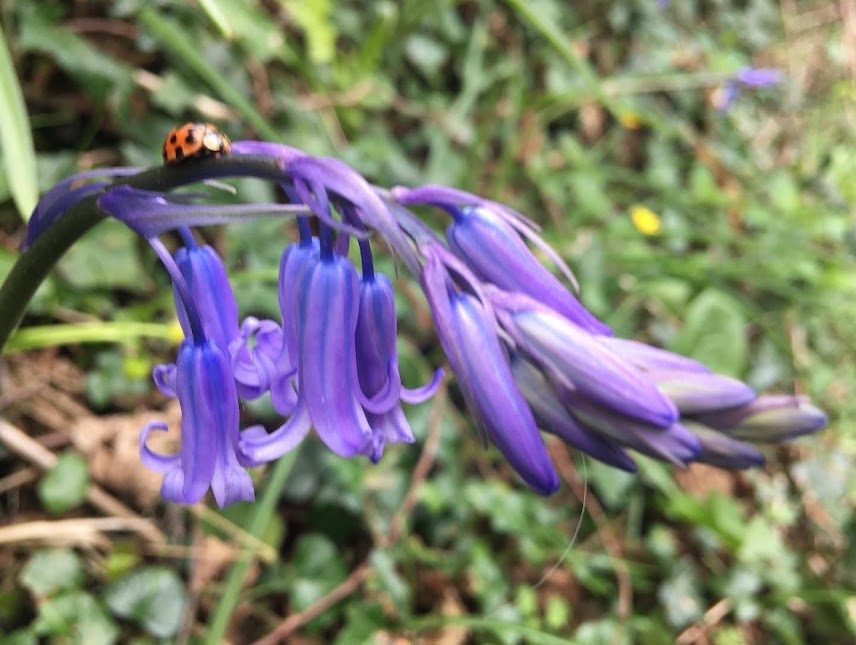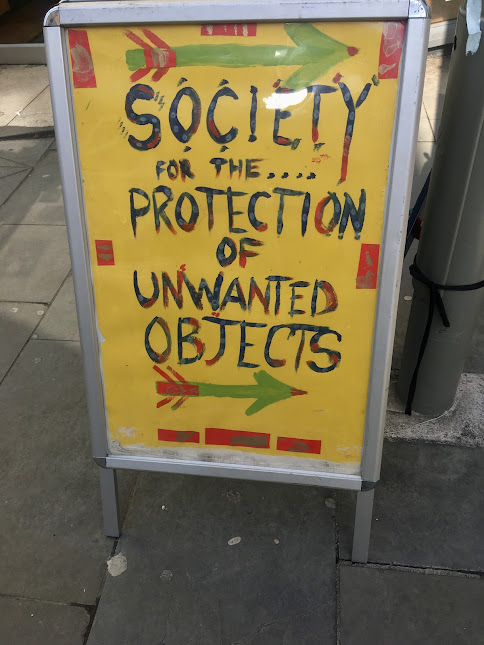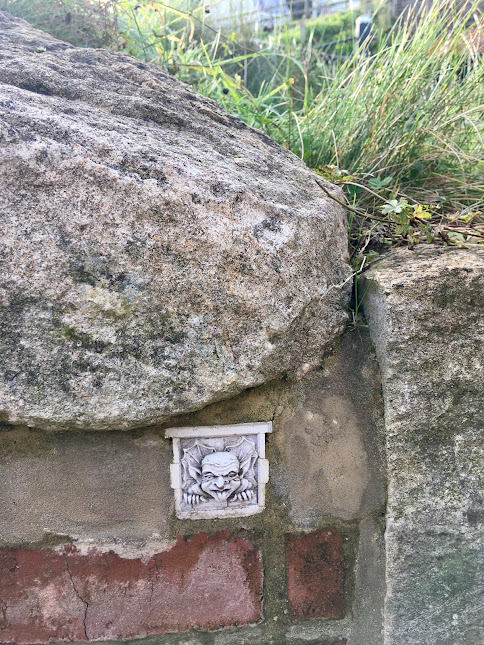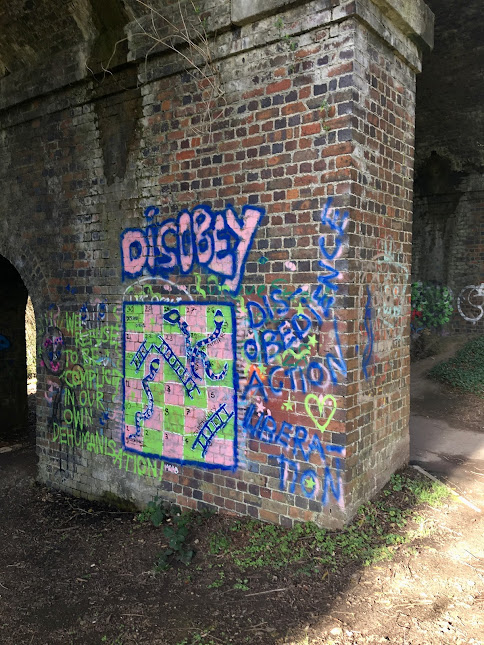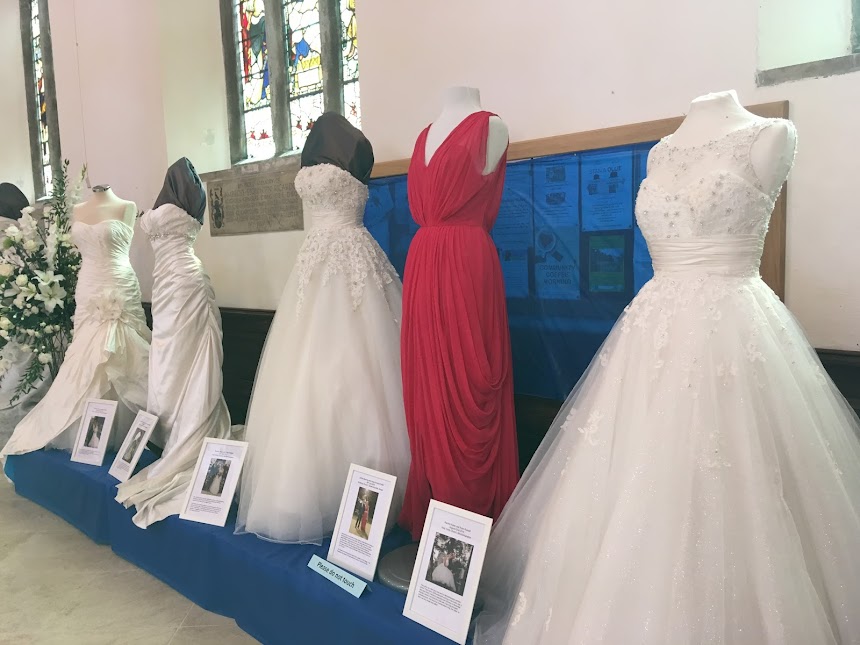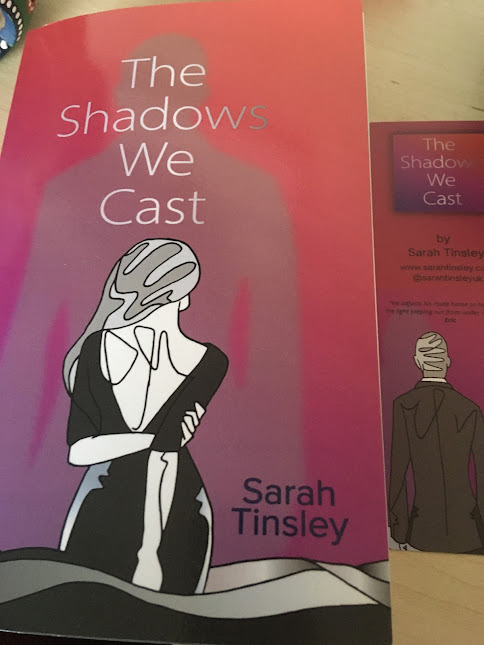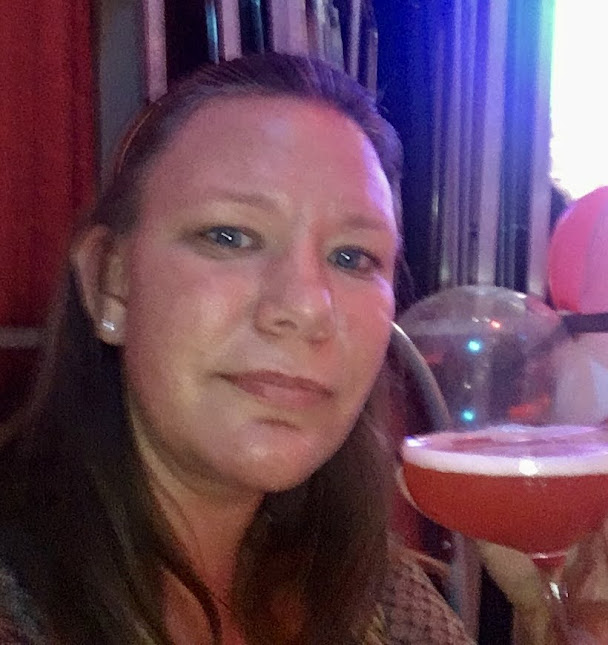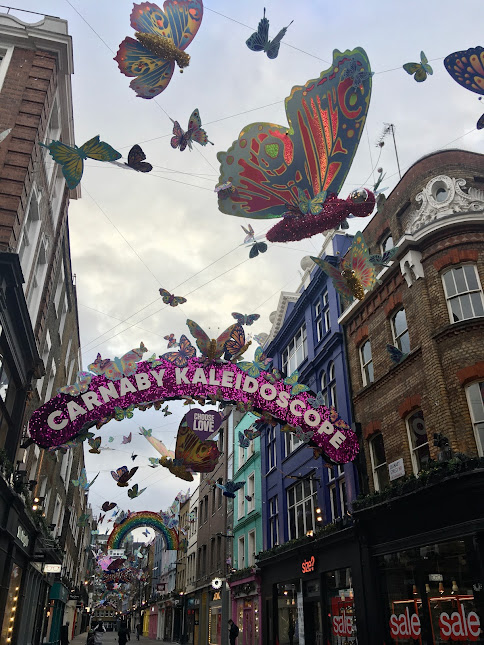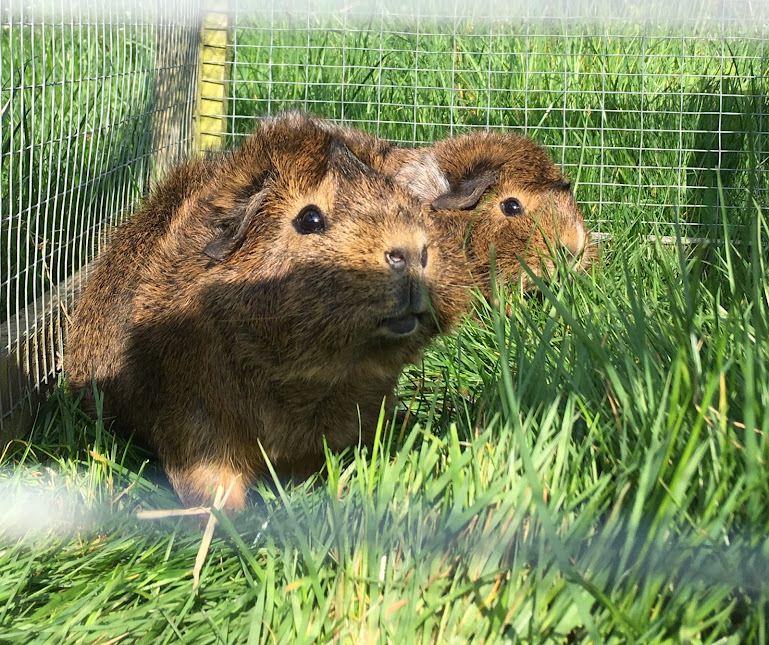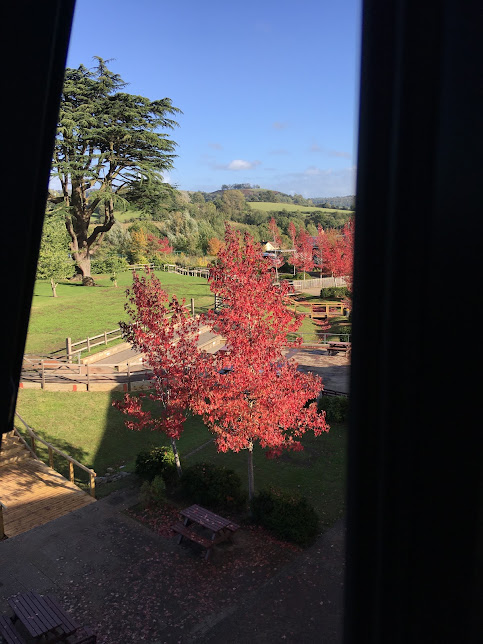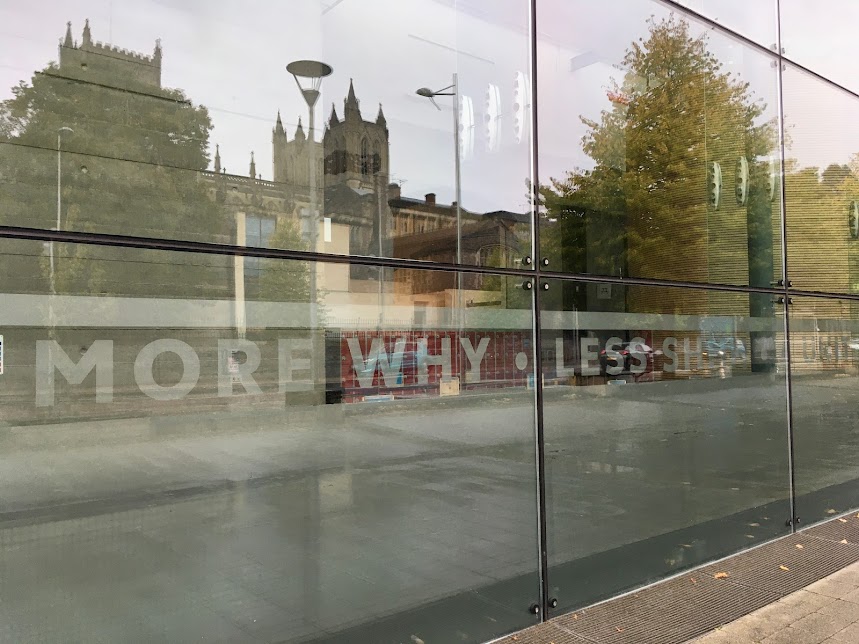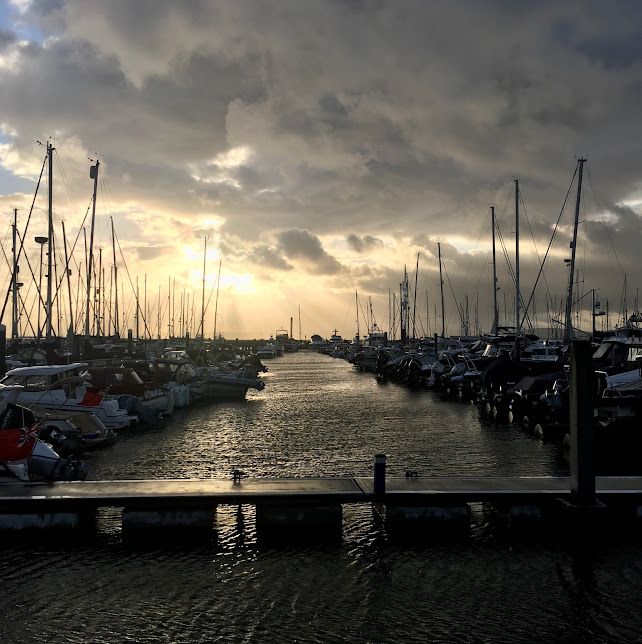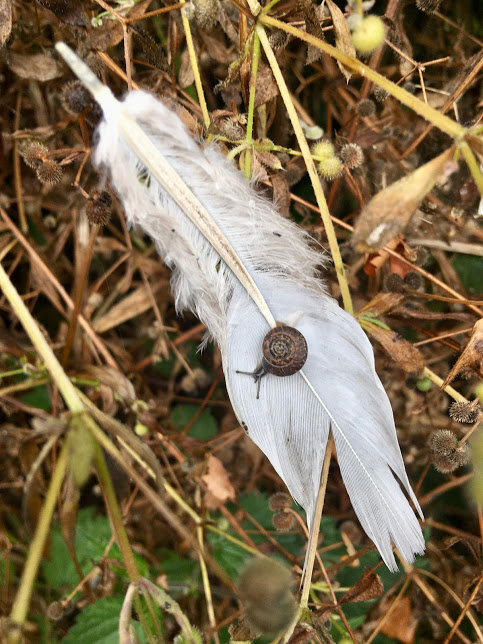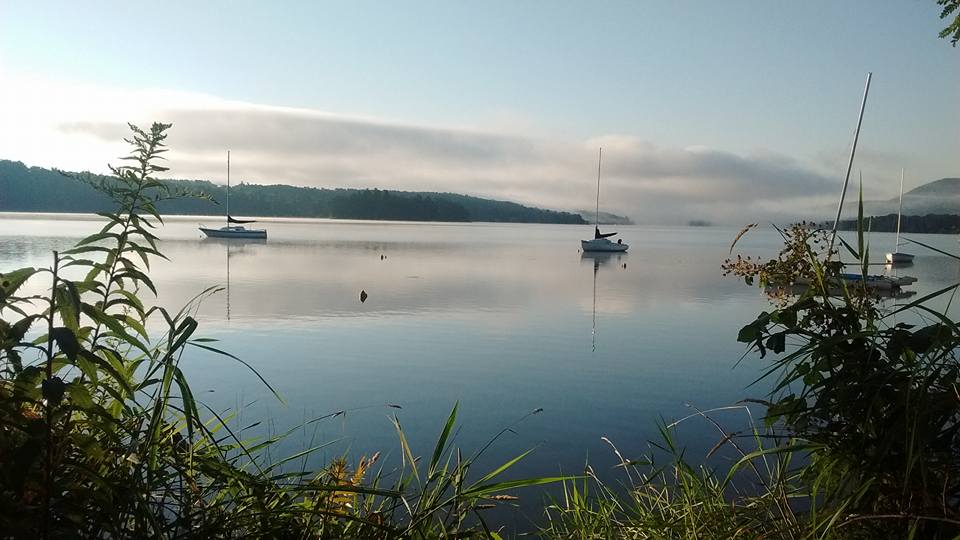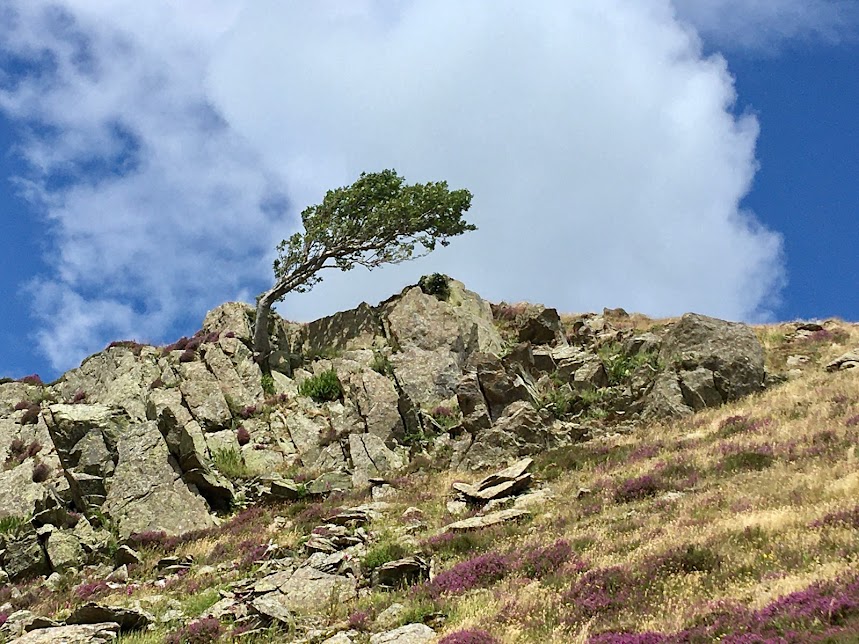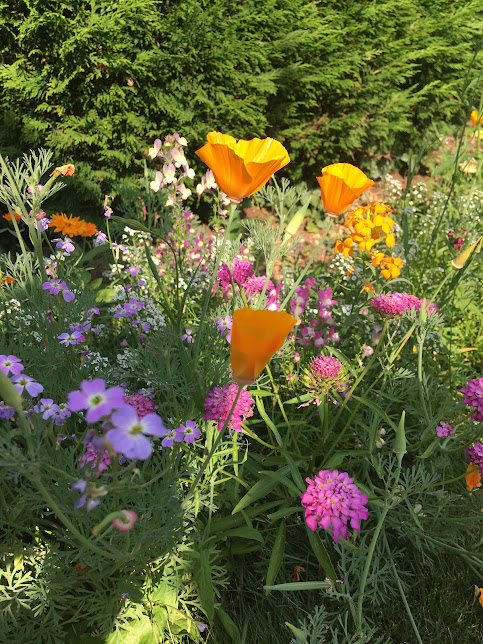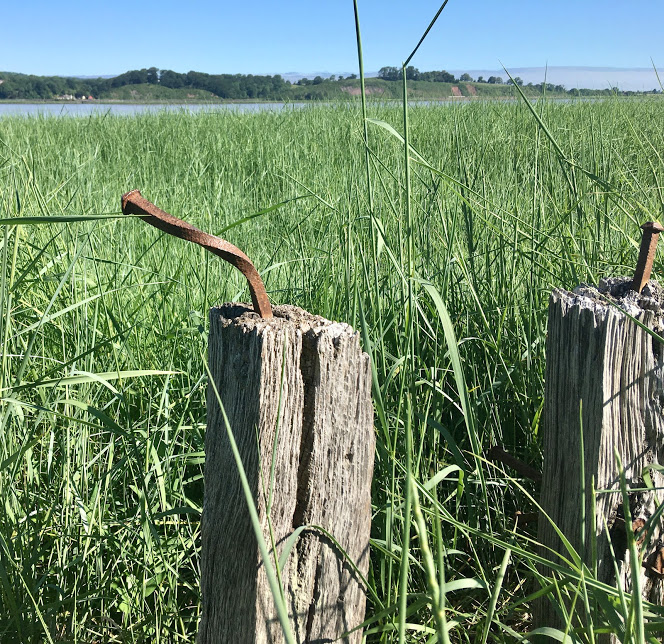This Week’s Bit of String: A 17-year-old’s options
At work, I have a student who’s not sure what to do next. He’s set to pass his exams when he resits them, but because he needed an extra year to do it, the local engineering college won’t take him. His access to transport in this rural area is limited, and so are the apprenticeships on offer.
I brought up his case with the teacher who’s supposed to be our Further Options expert. This got me a lecture on how “cold, hard reality” is about to hit our students after their “cosseted secondary school life.”
Do you remember secondary school feeling particularly cosseted? I wouldn’t have called it that. There’s exams, loneliness, bullies, hormones, plus whatever drama’s occurring at home.
Besides, it’s not the student’s fault that his family can’t provide transportation or that there are only a few apprenticeships around, and far fewer aligned with his interests. It’s not really his fault he needed more time to pass exams, considering that he has learning difficulties.

He needs more options. It’s not his fault they don’t seem to exist.
As the mum of a young adult, I’ve noticed at work and in domestic life that many grown-ups adopt a punitive attitude toward newer generations. There’s this expectation that they ought to account for every moment, and achieve relentlessly. If a young person chooses something outside the conventional rush toward adulthood, or simply takes extra time, they risk interrogation and censure.
The Right to Choose
Our ability to make decisions is one of the main things that makes us human. But society seems to dehumanise people the instant certain choices are made. If you decide you need some time off from work, if you think university’s not for you–well, what use are you?
It’s similar with the abortion debate. Beating louder than a cluster of embryonic cells which may one day be a heart is this far-right message: If a woman decides continuing with a pregnancy or becoming a mother would negatively impact her and/ or her family, what use is she?
A couple of weeks ago, a state congresswoman caused controversy by referring to pregnancy through rape as “an opportunity.” However, I didn’t see anyone calling out her message’s particularly insidious core. It’s not just that she felt women should be forced through pregnancy and birth after being forced into sex. It’s that she saw pregnancy, any pregnancy, as an opportunity for a woman “to make a determination about what she’s going to do to help that life be a productive human being.”
The implication here is that from the instant of conception, a woman’s sole focus should be contributing a new person to the world. A productive person, mind you, one who won’t have to, God forbid, resit exams or anything like that.
This idea achieves the remarkable feat of dehumanising everyone involved. Women become vessels without bodily autonomy; their babies are essential goods to enhance the “domestic supply of infants.” The men don’t even get a mention in the issue; it’s assumed they want no part.
What We Deserve
Carrying a pregnancy to term is often framed in a similar, punitive way to how we talk to young people. “You play, you pay.” But is nine months of complete body alteration, often interfering with the ability to earn an income, and then the torture of childbirth, an excessive price for unprotected sex?
I’m not sure the punishment fits the crime. And what does it say about conservatives’ attitudes toward children if their very existence is a punishment to wayward mothers? (Possibly a throwback to the idea that labour is a divine curse, something Eve wrestles with in my novel-in-progress.) Parenting can be pretty punishing at times, but it’s not actually supposed to be a punishment.

The callousness goes both ways. At age 20, I had my baby. I was alone and had terrible self-esteem, so why not just go through with it? I wanted my child, and I’m ever so glad he exists. But believing you’ve got nothing going for you so you might as well give birth isn’t the best child-rearing philosophy.
Meanwhile, no one else wanted me to stay pregnant. It took a while before my baby’s father changed his mind and we got married. I moved our gorgeous, bright little boy over to the UK so we could parent together. But when I got exhausted and homesick and asked for help, my mother-in-law pointed out, “Well, it was your decision to keep it.”
Making a choice doesn’t mean we have to keep doing the same thing all the time. We can take a little break. We can change course entirely. Rejecting an option means quelling one potential outcome, but it enables another. That’s our right as existing human beings.
It’s tempting to trace all outcomes back to a single decision. Fun to attempt when you’re plotting as a writer; to wind your story tightly around one moment. Life isn’t really like that. You keep choosing things, and you keep getting affected by things you can’t choose. There’s no point, later on, blaming everything on one decision. The challenge of finding a local apprenticeship is not a direct result of one boy’s study habits two years earlier, and nor is a mum needing an evening to herself a complete repudiation of deciding to give birth. Let’s let people make their choices and keep giving them chances.

